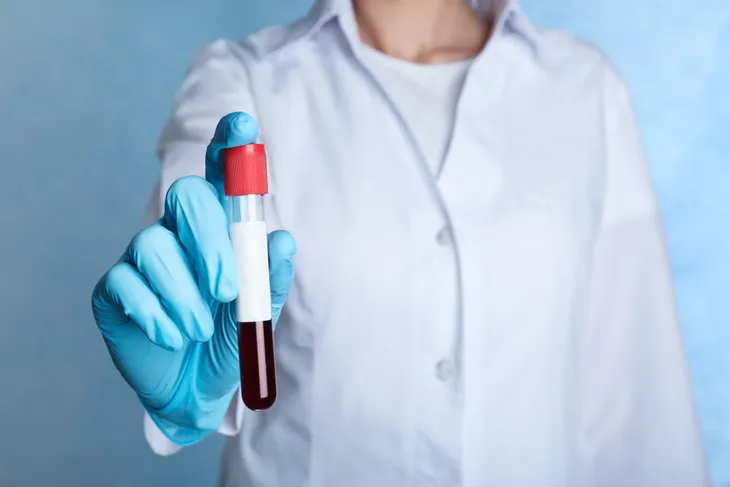Immunodeficiency disorders, also known as immune disorders, weaken the immune system, which prevents the body from being able to fight against bacteria, viruses, and parasites. There are two types: primary, which a person is born with, and secondary, which is acquired during a person’s life.
Primary immunodeficiency, on which this article will focus, is a term that encompasses more than 200 different disorders that affect different parts of the immune system. The disorders most commonly occur in babies or young children, but in some cases, they may not present themselves until adulthood. And while the symptoms associated with each type can differ, the following six are among the most common.
Frequent Infections
With a compromised immune system, a person with primary immunodeficiency is more susceptible to bacterial and viral infections. The Merck Manuals says that respiratory infections, such as sinus infections, or lung infections, such as pneumonia or bronchitis, tend to develop first.
Infections of the mouth, eyes, ears, skin, and digestive tract are also common. According to the Mayo Clinic, those with primary immunodeficiency tend to experience such infections on a recurring basis. The infections may also persist for longer and be harder to treat than in people with healthy immune systems.
Inflammation of Internal Organs
A person with primary immunodeficiency may also experience pain in the abdominal area. In many cases, this pain is due to swelling or infection of the spleen or liver caused by autoimmune or inflammatory disease.
According to the Immune Disease Foundation, these conditions can cause “temporary or permanent damage that can disrupt one or more of the liver’s important functions.” Such disruptions, the source adds, “may lead to accumulation of fluid in the abdomen (ascites), elevated bilirubin in the blood leading to jaundice, blood clotting abnormalities, etc.”
Blood Disorders
Primary immunodeficiency may also compromise the quality of a person’s blood, leading to disorders such as low platelet counts or anemia (which is a condition that develops due to the blood not having a sufficient amount of healthy red blood cells).
Primary immunodeficiency may also lead to infections in the blood. WebMD notes that in children especially, contracting “more than one severe, fast-moving illness,” such as septicemia, can occur.
Digestive Problems
As mentioned earlier, primary immunodeficiency can cause infections in the digestive tract. These infections may lead to symptoms, such as cramping, nausea, and diarrhea.
If experienced frequently enough, these symptoms may cause a person to lose weight. Chronic diarrhea is a particularly common symptom in infants or young children, inhibiting their ability to gain weight and develop normally.
Delayed Growth and Development
Because the onset of primary immunodeficiency most commonly occurs in infants and young children, it can affect their ability to grow and develop normally. This is referred to as failure to thrive, which the Merck Manual defines as “a delay in weight gain and physical growth that can lead to delays in development and maturation.”
Failure to thrive is often caused by a lack of proper nutrition. In the case of children with primary immunodeficiency, undernourishment occurs because chronic diarrhea (a common symptom of the disorders) can “make it hard for the body to hold on to the nutrients and calories from food,” says KidsHealth.org.
Autoimmune Disorders
Up to 25-percent of those with immunodeficiency disorder also develop an autoimmune disorder, which Everyday Health says occur “when the body’s own immune system goes haywire and starts attacking healthy tissue.”
These autoimmune disorders, such as lupus, rheumatoid arthritis, and type 1 diabetes, typically occur as a result of the frequent and prolonged infections that commonly affect people with primary immunodeficiency. Although the Merck Manuals says that “sometimes the autoimmune disorder develops before the immunodeficiency causes any symptoms.”









